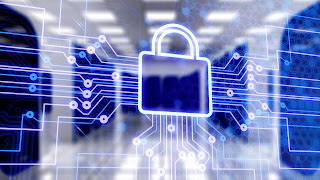Point of Sale Security Tips

Fast and efficient point of sale transaction processing is important when it comes to helping your customers feel good about doing business with you. Your customers also need to feel secure when paying for your goods or services with a credit or debit card. Since so many transactions are conducted using credit and debit cards, point of sale security is something that all businesses need to take very seriously. Any lapse in point of sale security can potentially cost a company a lot of money. It could even cost them their entire business. To help ensure that your transactions and customer data are secure, make sure you put these important measures into practice. The Importance of EMV Readers Many businesses miss one of the simplest ways to make their credit card transactions more secure. By using an EMV card reader, you can eliminate a common source of credit card fraud and data theft. EMV card readers are devices that read the chips on customers’ credit and debit car...




